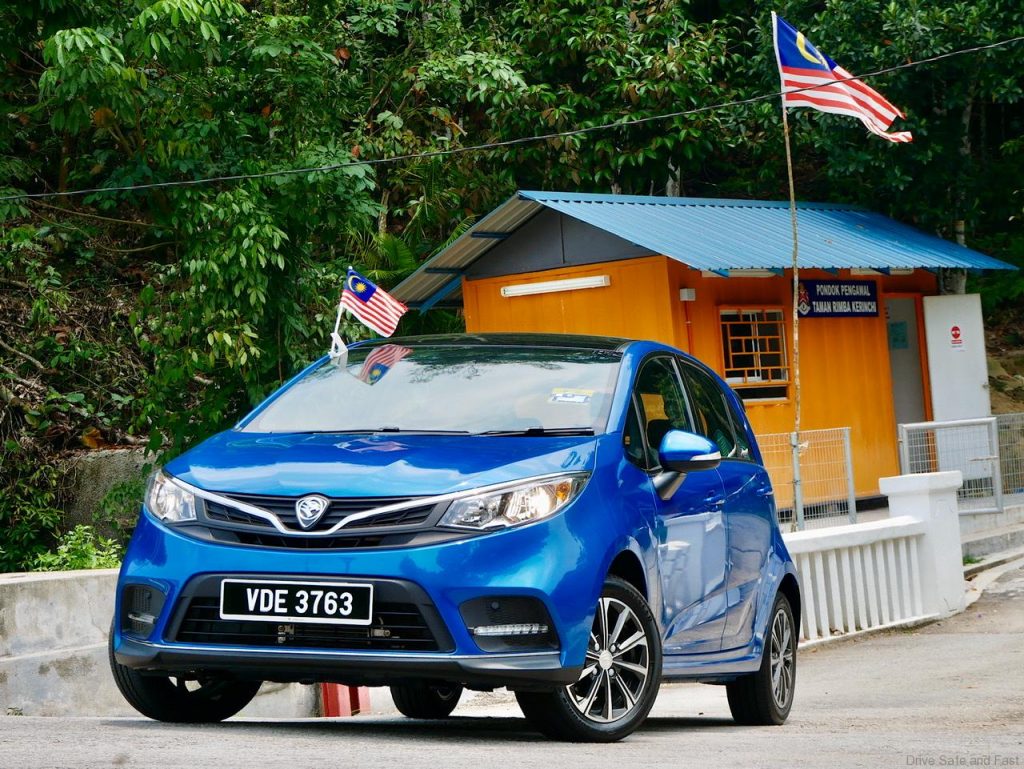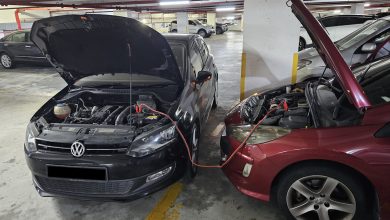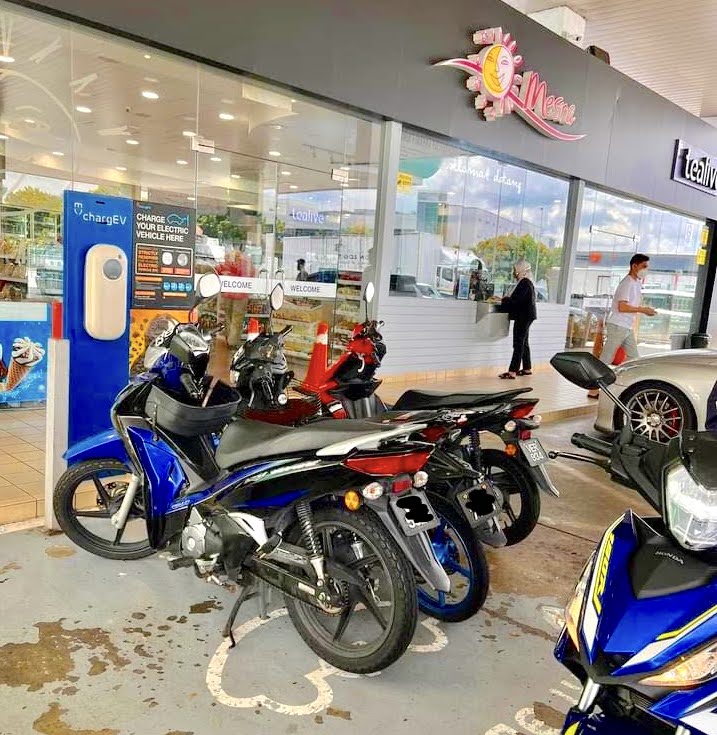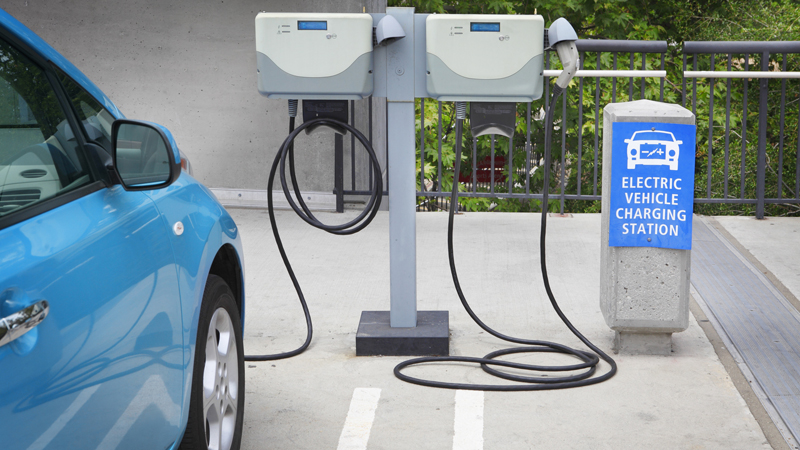
Our neighbours up north in Thailand have once again demonstrated its willingness to embrace the EV future.
It should come as no secret already that our ASEAN neighbours have been surging ahead of us in Malaysia with regards to the electrification revolution.
Both Singapore and Indonesia for instance have already actively courting the likes of Tesla to be a major player in the respective country’s electrification ambitions. With the former being the first to have an official Tesla dealership in the region, and the latter holding talks for a factory to be built there.
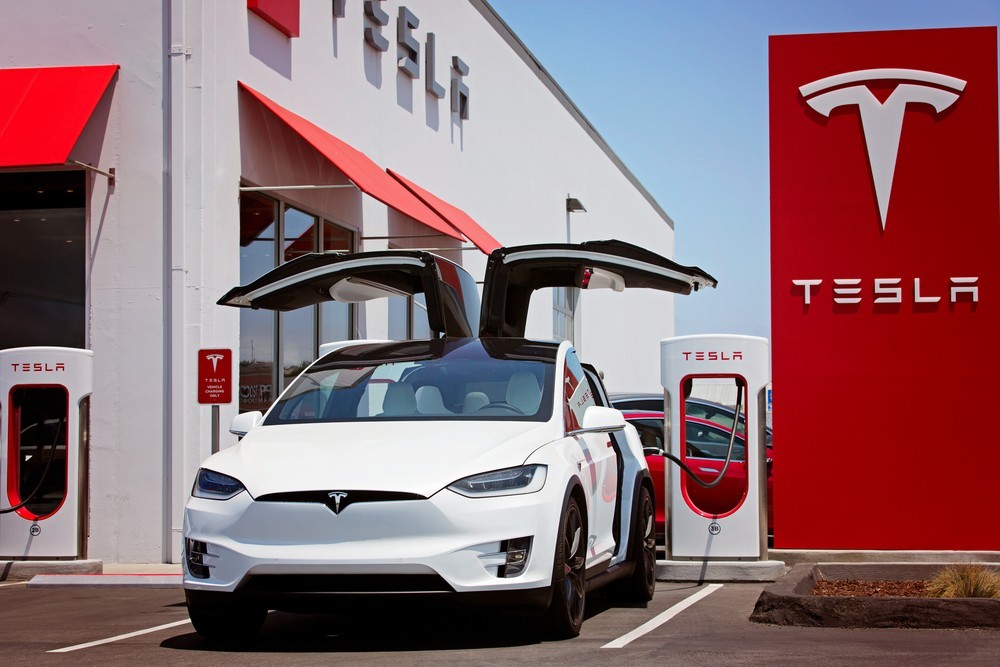
That said, the electrification efforts of those two countries though have been far eclipsed by our direct northernly neighbour. That is because, thanks to forward-thinking government incentives, Thailand has not only attracted many major manufacturers to designate the country as its next major EV production hub, but the same government incentives offered has also seen it charge ahead with infrastructure development to support this stratospheric rise in EV adoption over there.
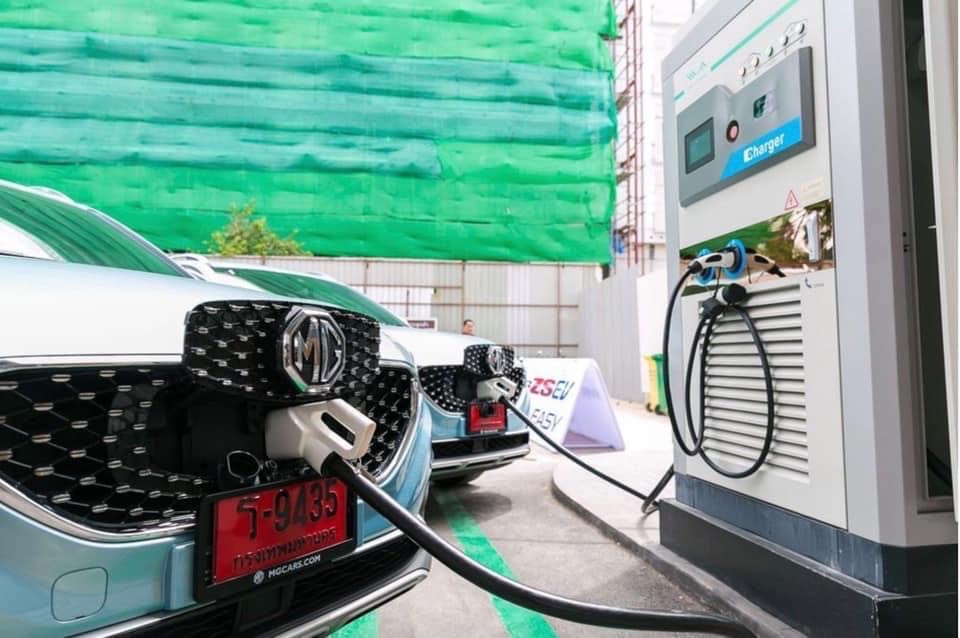
As an example of its effort towards supporting the approximately 1.2 million EVs that are forecasted to be on the roads of Thailand by 2036, Bangchak, a Thai energy conglomerate, and the Provincial Electricity Authority has signed the memorandum of understanding for clean energy business development. Under this MoU that was signed last year, the initial deal was to have fast charge stations installed at 62 Bangchak petrol stations nationwide, before working towards the eventual goal of installing charging stations at intervals 100 km along major Thai highways.
Granted, while this is not the most revolutionary of ideas to have EV charging points at existing petrol stations, what is perhaps more impressive though is the aim of this partly state-owned energy firm to have solar panels installed on the rooftops of its petrols stations too. With the aim to reduce electricity dependence on the national grid and reduce electricity costs of the stations, Bangchak plans to install these solar roofs at 220 locations in the early phase of this project, then expanding to more stations nationwide at a later date.
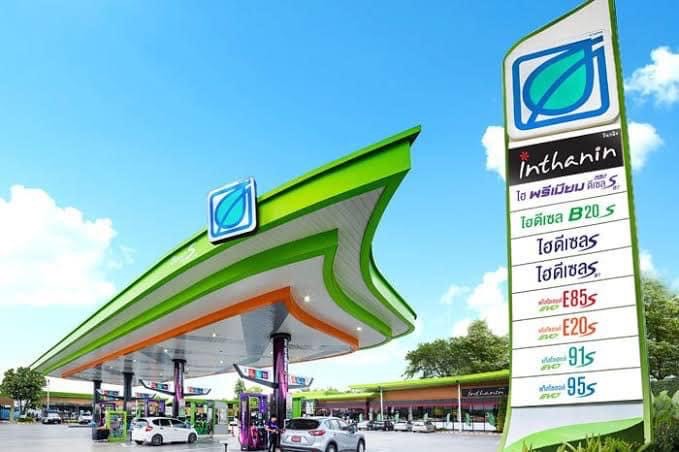
Nevertheless, it is not just Bangchak that is in on the EV infrastructure game over there, as PTG Energy, another Thai energy company, recently announced that it too would be rolling out quick-charging stations at its petrol stations from this year. Starting first with the launch of 5 stations in major provinces this month, the aim is to expand to 30 charging points by the end of the year.
Furthermore, much like Bangchak, PTG Energy is not just putting charging stations and calling it a day. Instead, this Thai fuel provider also has announced plans for the near future to partner with other companies to launch what it terms as “ultra-charging stations”, which will primarily service large EVs such as trucks and buses.
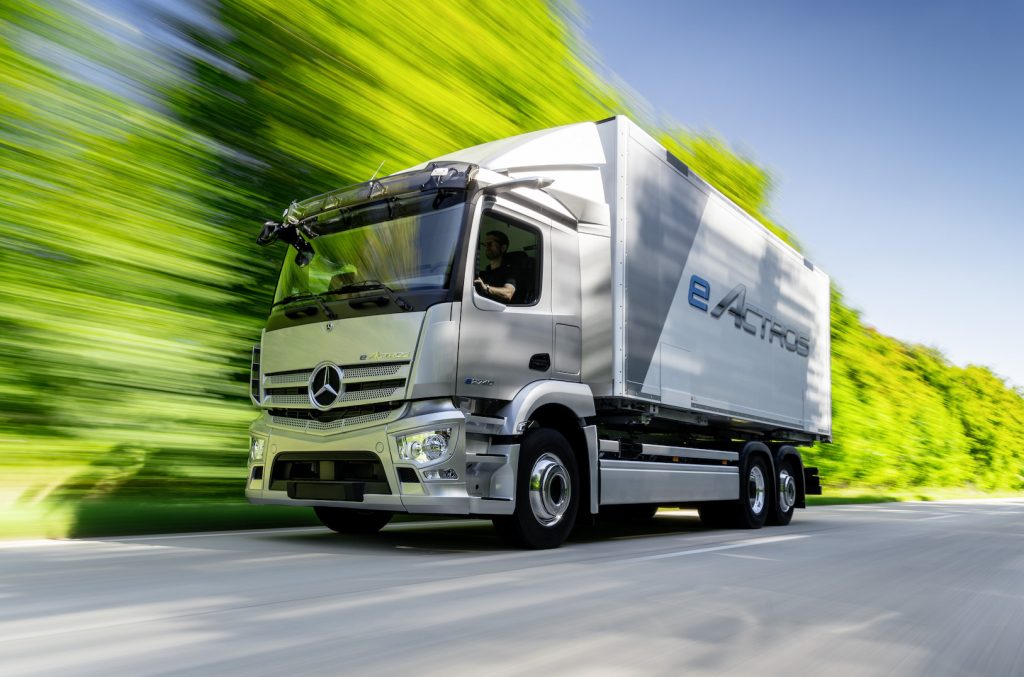
Speaking about EVs of different sizes and going back to Bangchak for a moment, the company has also recently announced plans to develop an EV ecosystem for Thailand’s motorcycle taxis. Dubbed Winnonie, the pilot project is in essence a battery swap facility that allows for electric motorcycles to swap their depleted power packs for fully charged ones in a matter of minutes instead of the hours it takes to fully charge one.
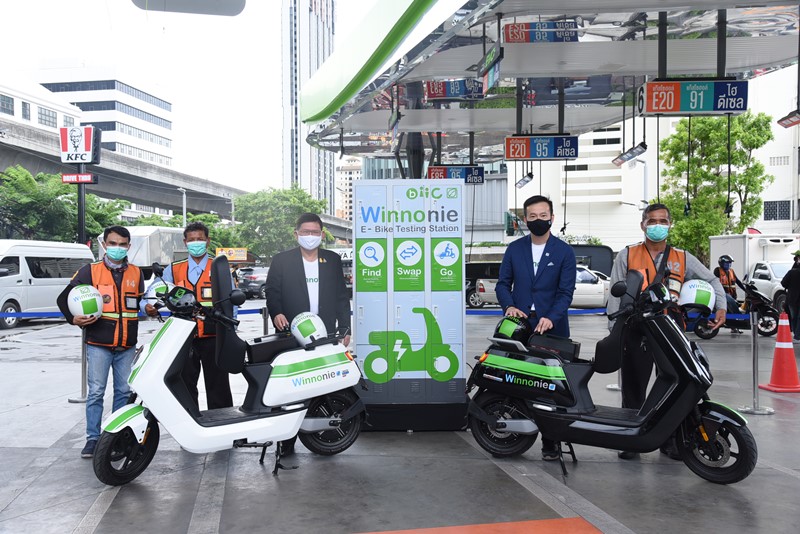
Additionally, on the topic of charging, the Thai government are also looking to implement single standard for EV charging system which will cater to all the different EV types that are currently coming from China, Japan and Europe. An initiative undertaken by the Electric Vehicle Association of Thailand (EVAT), this move is set to allow for the more widespread adoption for EVs by making charging an easier and more convenient task for more motorists.
Now, it is still worth mentioning that there are still a lot of ground to cover for Thailand (or in fact any other ASEAN nation) to become the next global EV powerhouse. The fact that our Northern neighbour has only around public 600 charging points as of June last year is proof of this prior statement.

Then again though, credit where it is due to our neighbours as countries like Thailand are slowly but surely gaining ground on the electrification revolution. With both active private and public investment to get ahead of this EV wave, it should be no surprise that in the future these aforementioned nations around us has the potential to become major players in the automotive industry of tomorrow.
This therefore leads to the uncomfortable truth about our current Malaysian automotive industry. Yes, even without any incentives, Malaysians are slowly coming onboard this EV train. Strong sales of all-electric cars locally have proven that much. However wouldn’t the adoption of what everyone terms to be the future of the automobile be even more rapid if the people in power actually made forward-thinking and progressive automotive policies, instead of just dithering about with protectionism policies that have been proven to fail time and time again?
